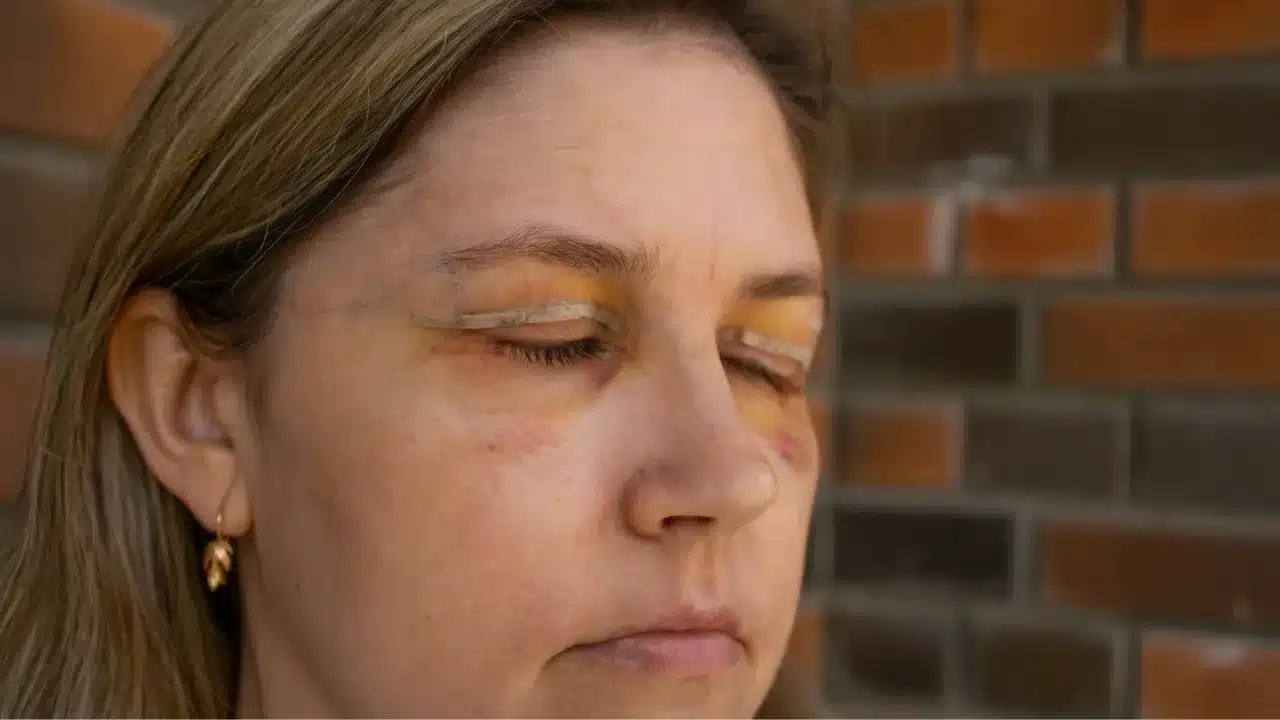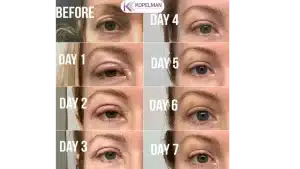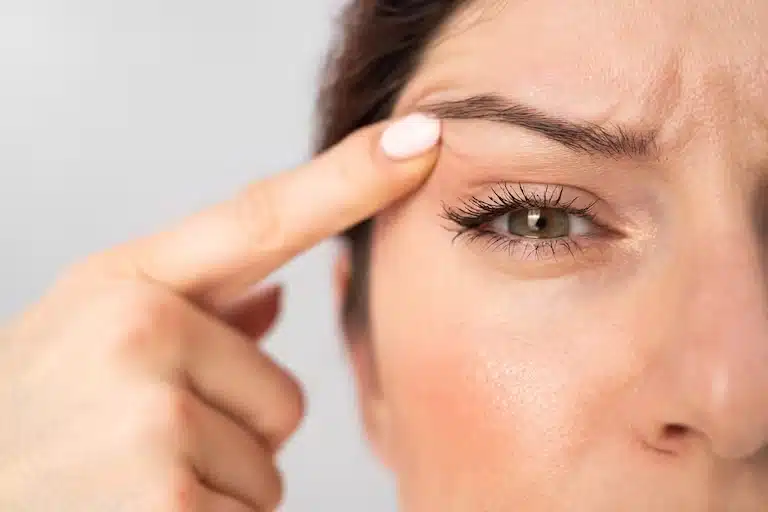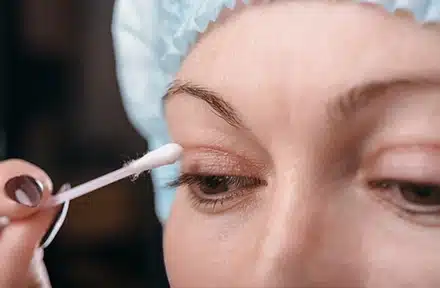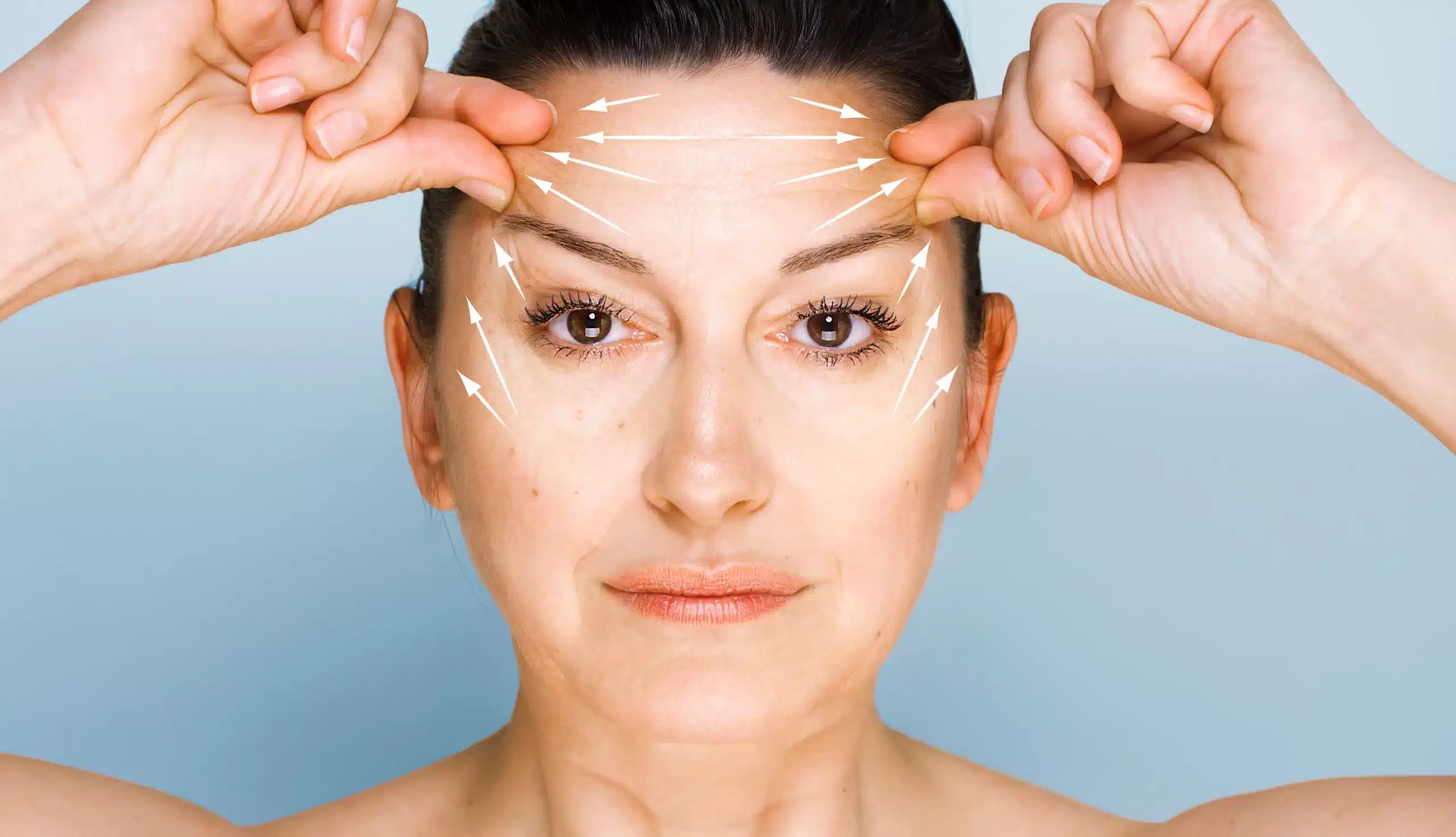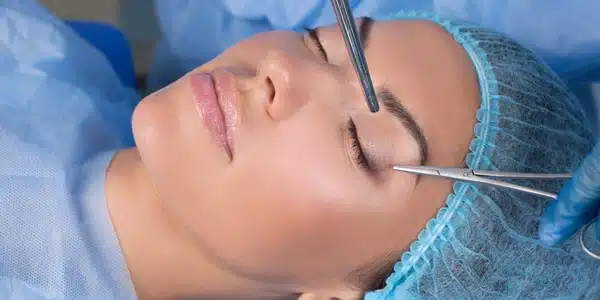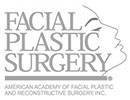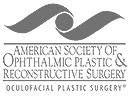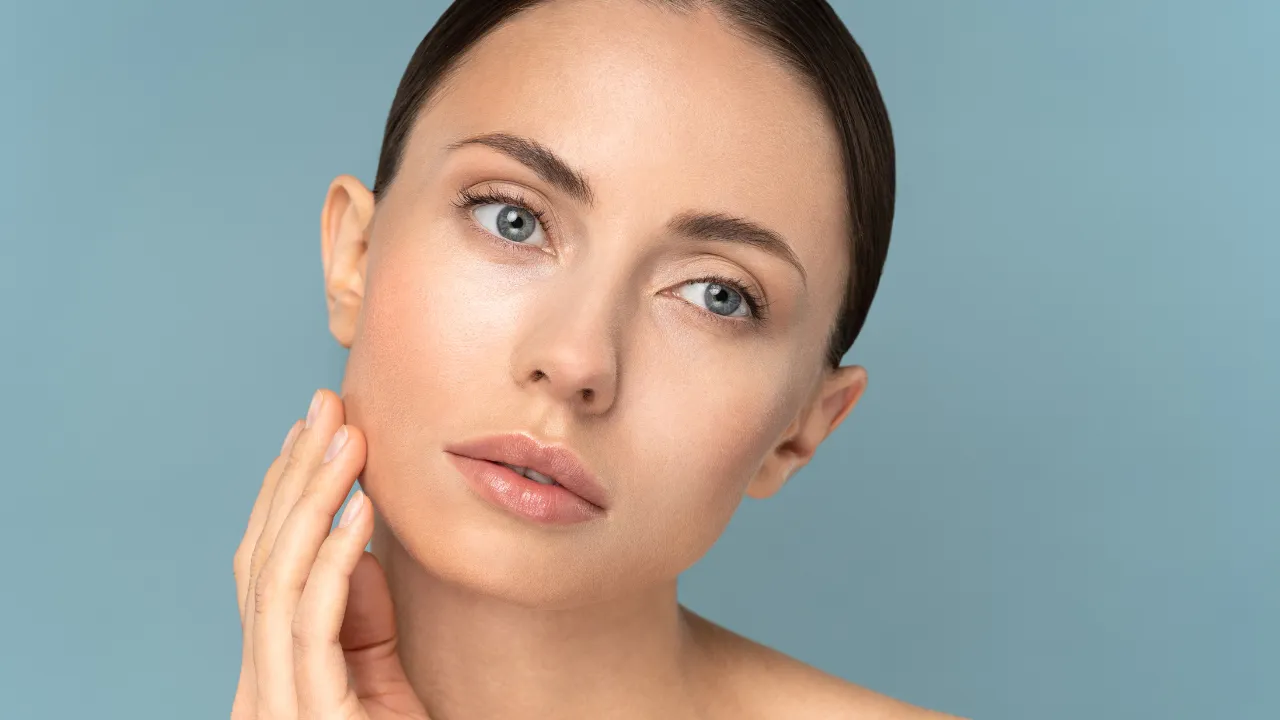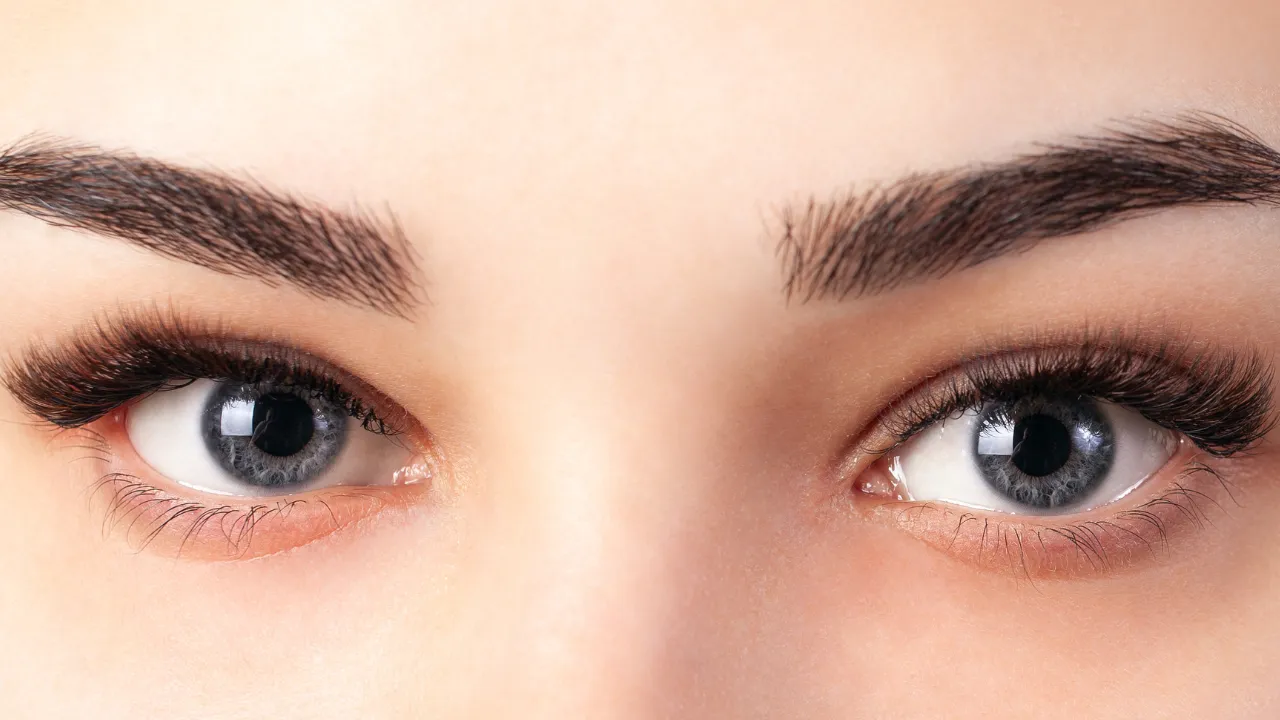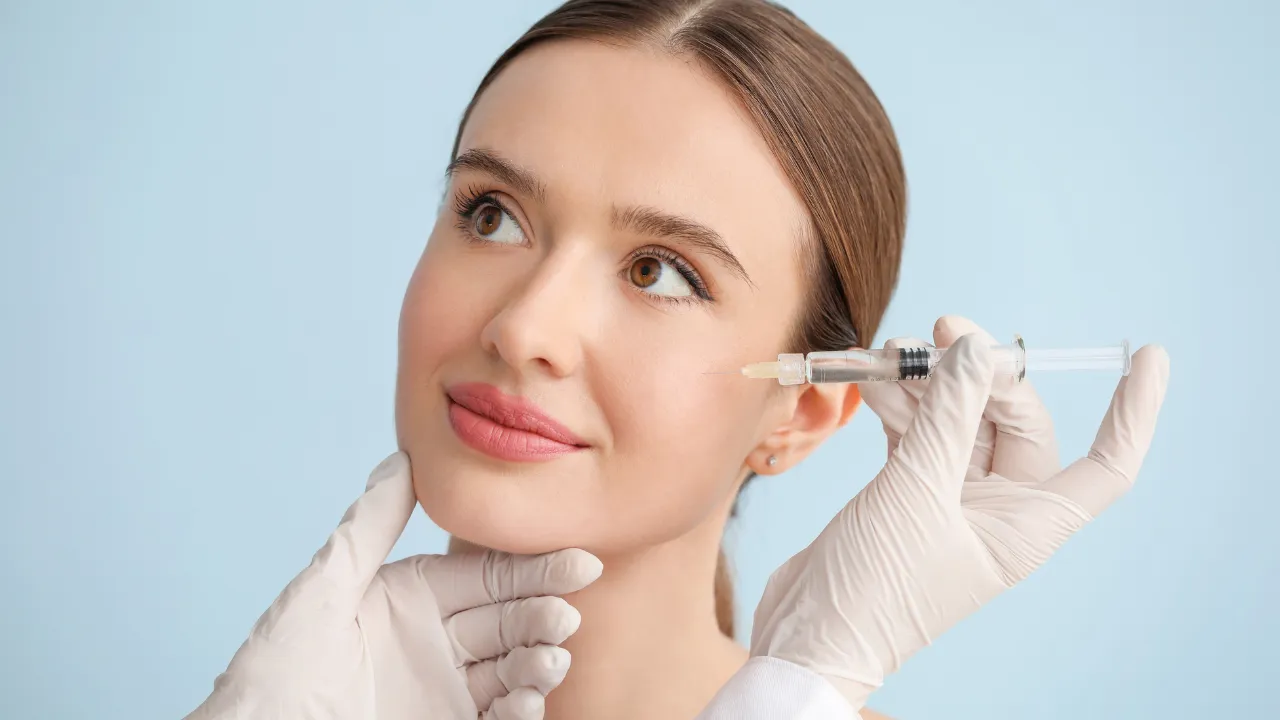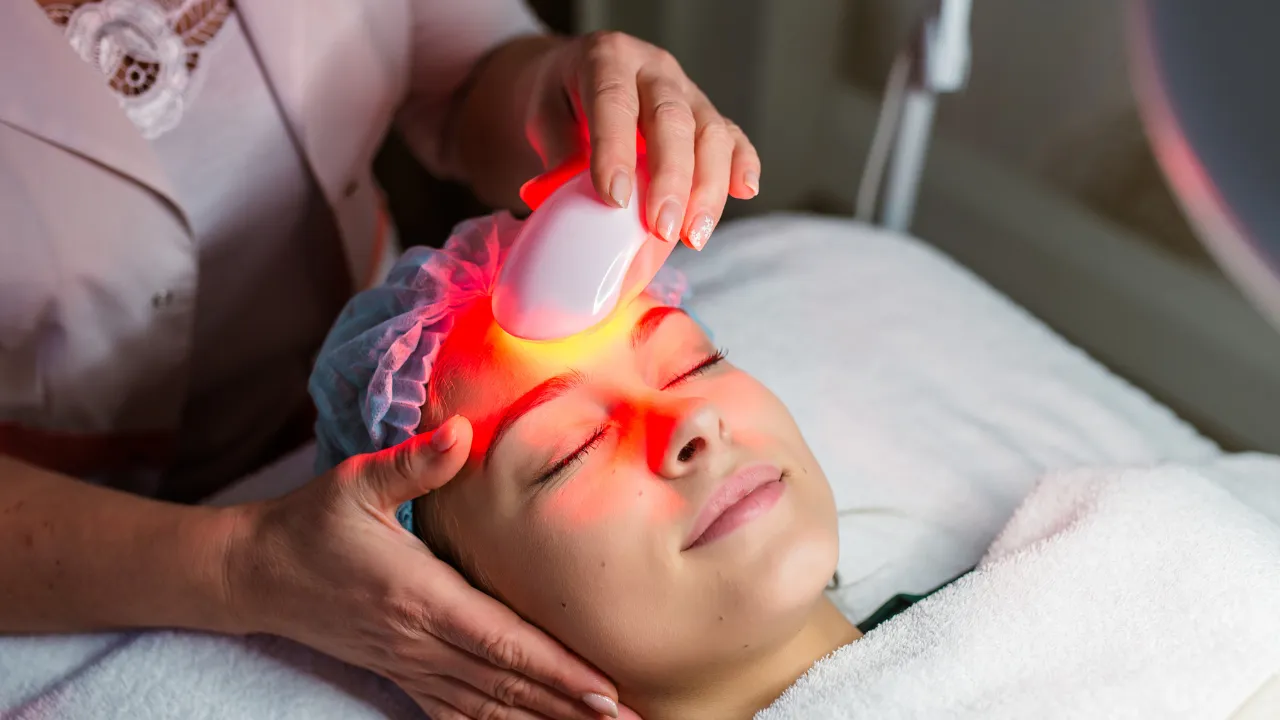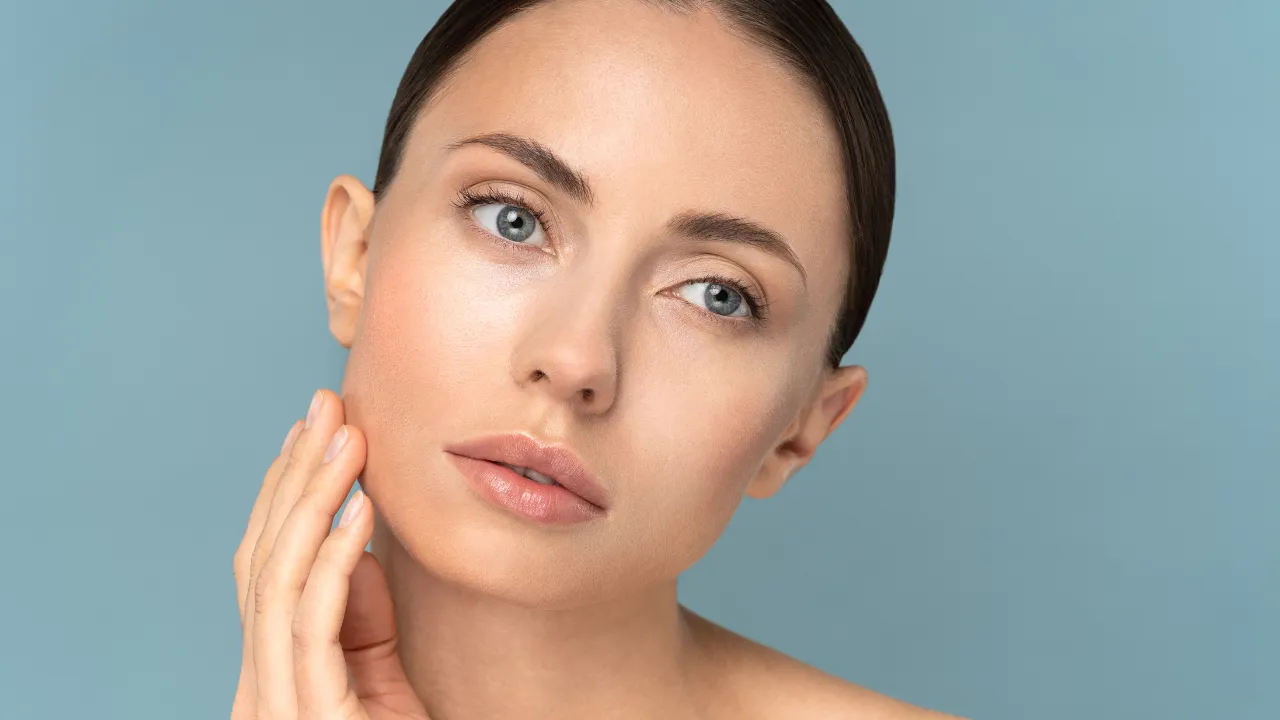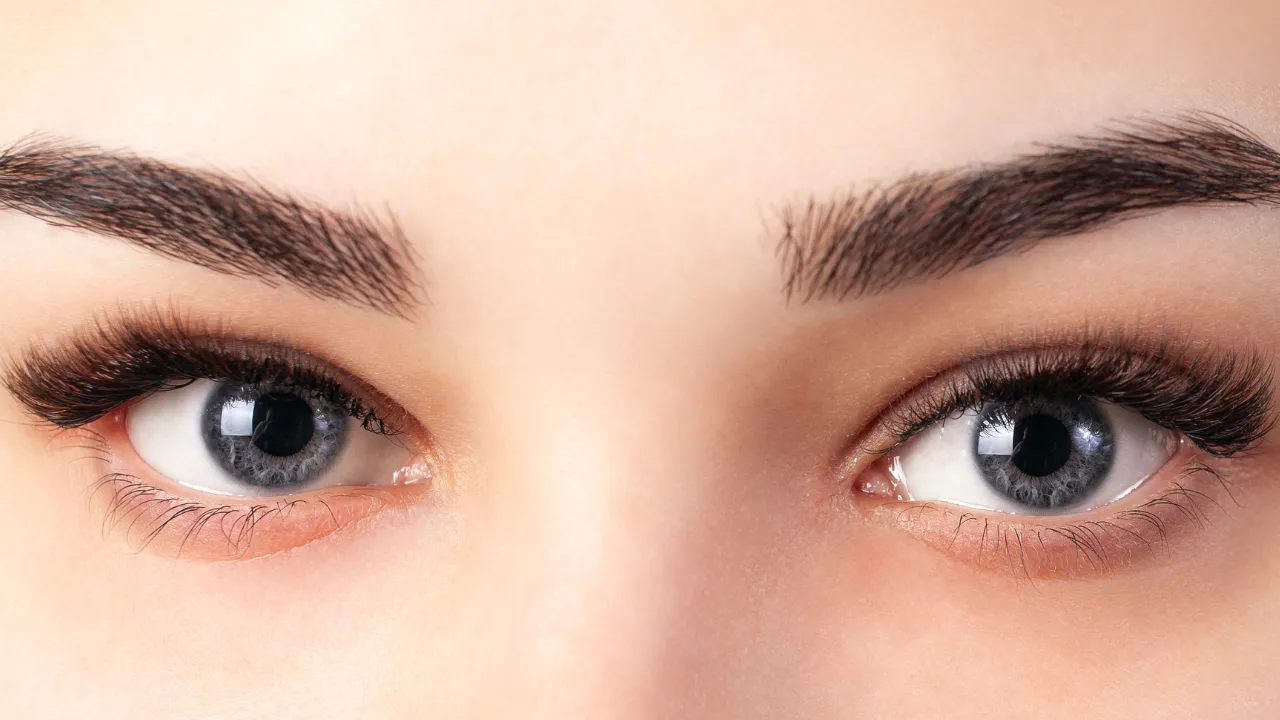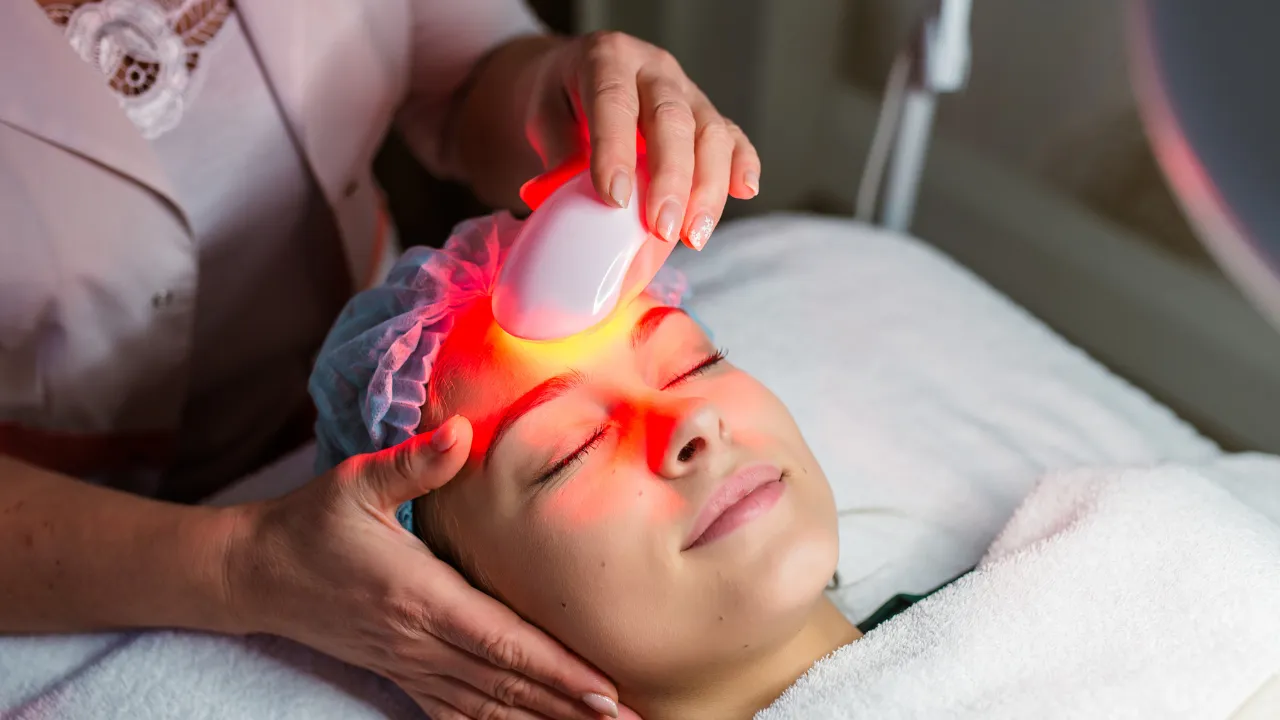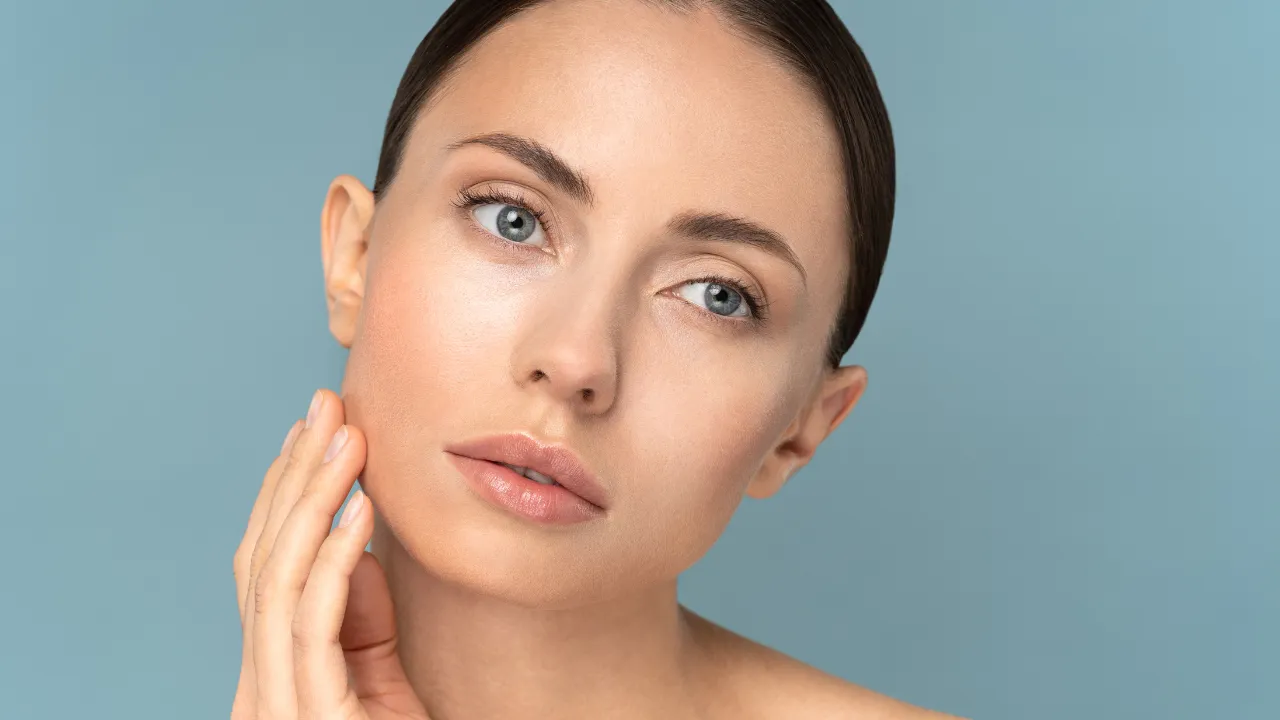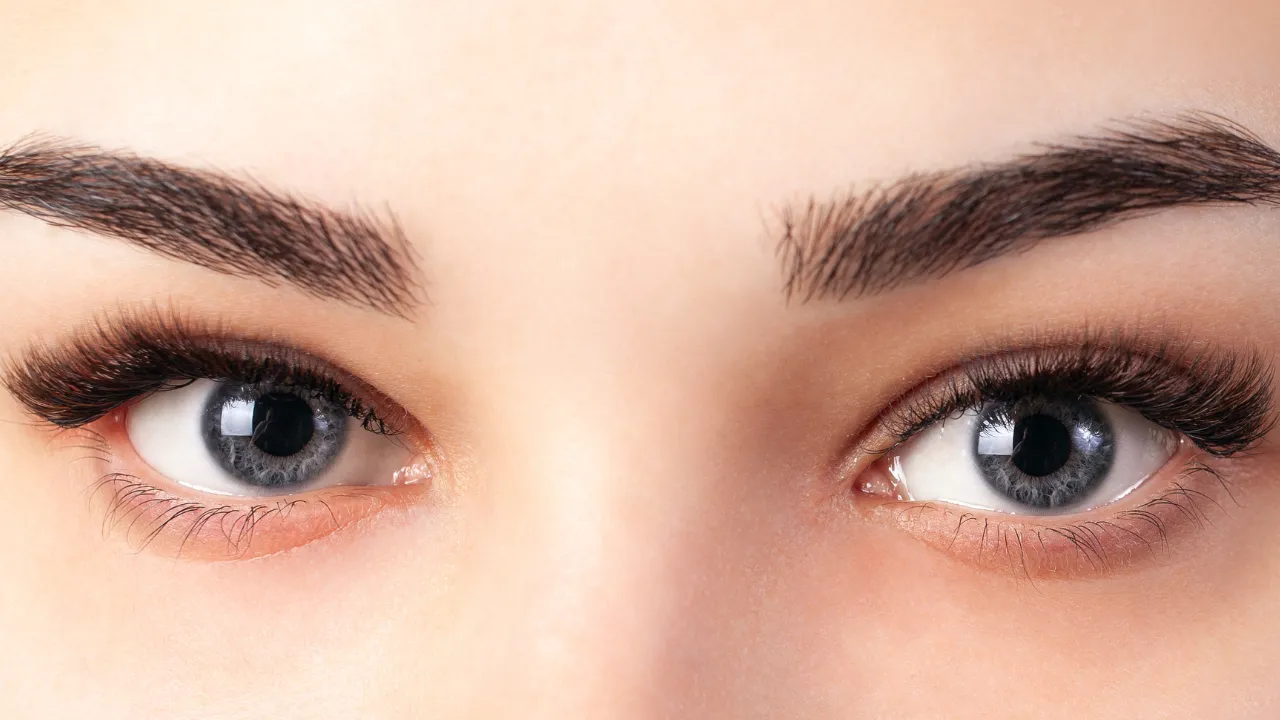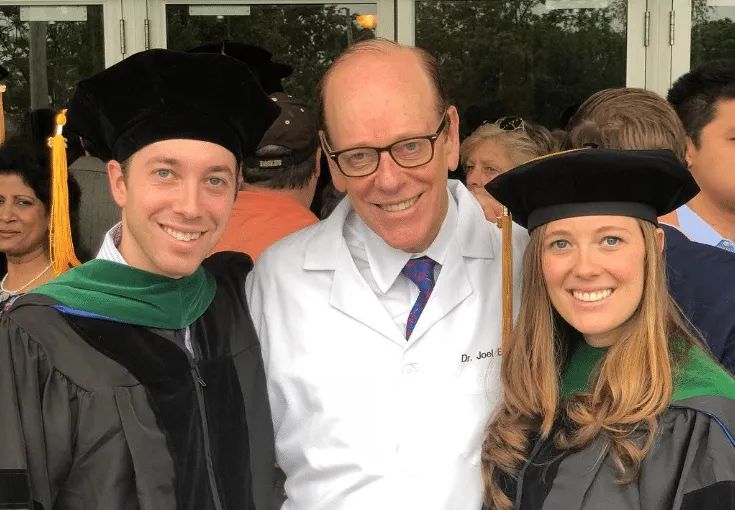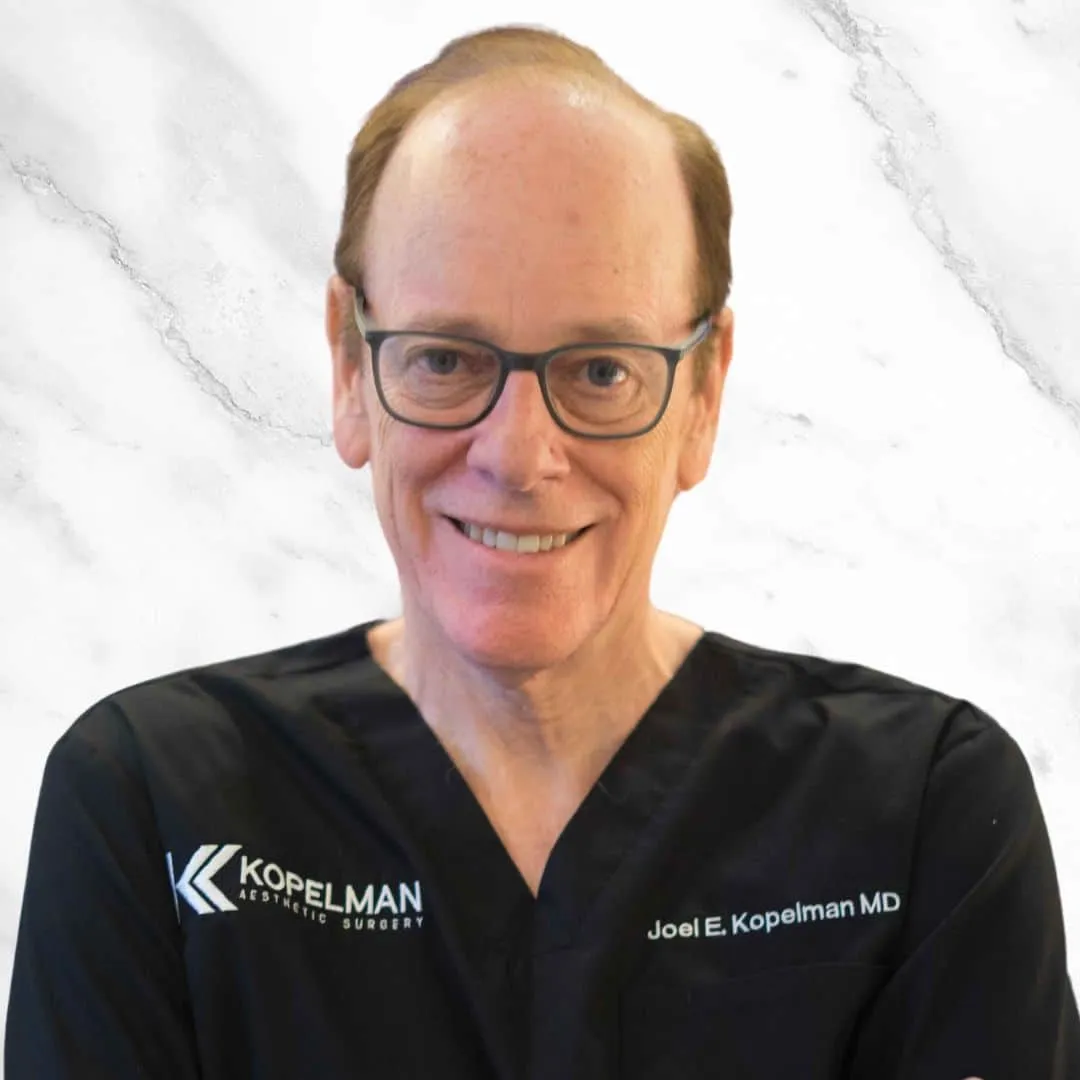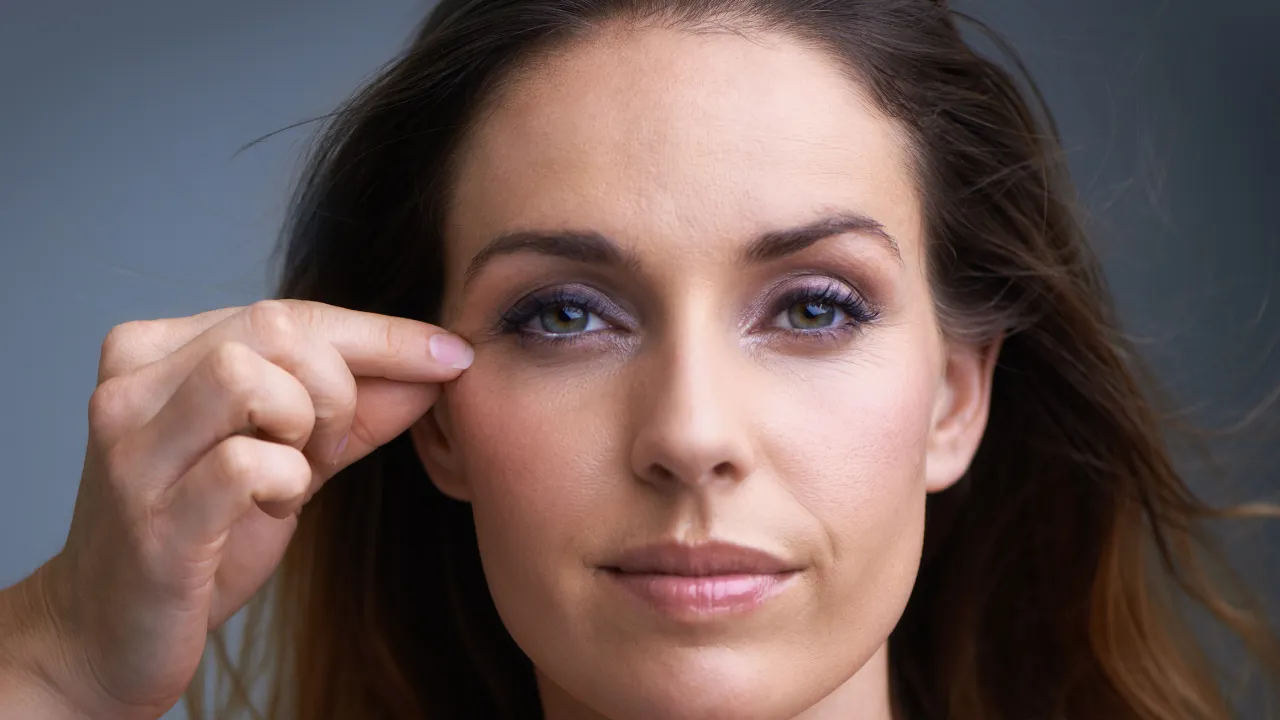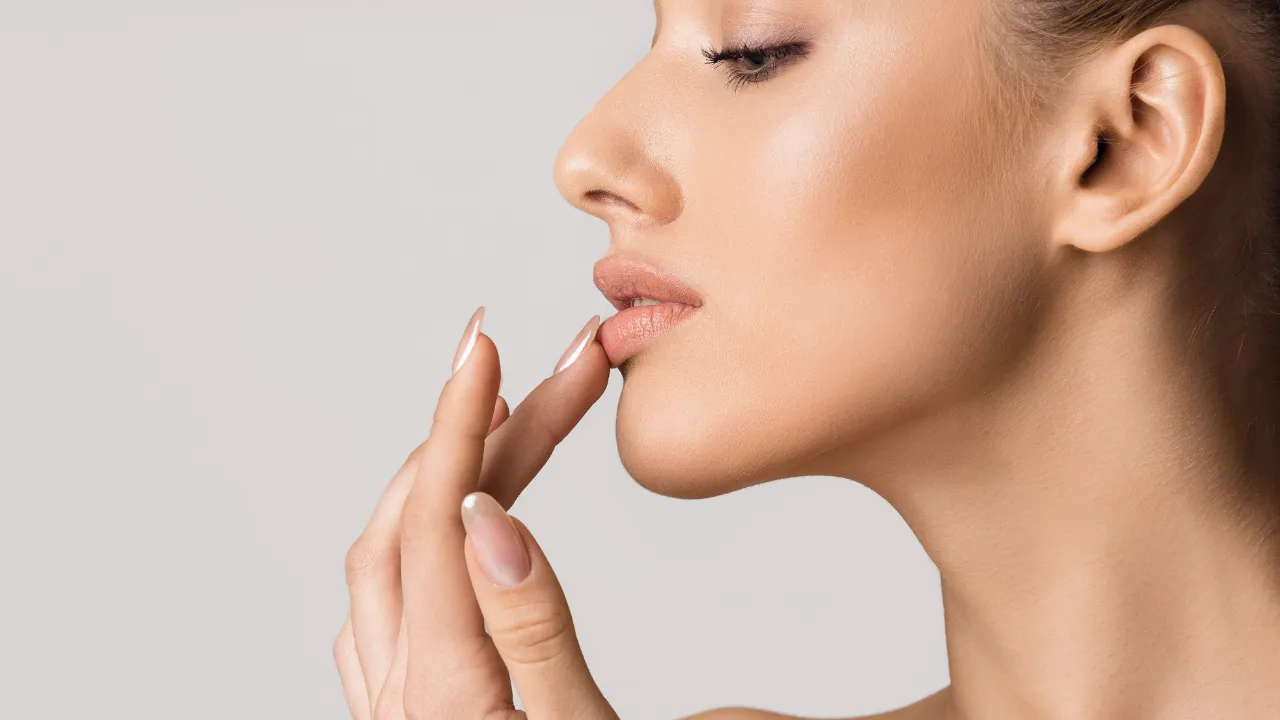You recently had eyelid surgery, during which the doctor made small incisions in your eyelid.
After the procedure, your eyelid might feel tight and sore. You may also experience watery, dry, sticky, itchy eyes or sensitivity to light. Blurry vision is shared for a few days. Your doctor will prescribe medications to manage any pain or discomfort.
It’s crucial to keep your eyelid clean and avoid rubbing it. Follow your doctor’s instructions on cleaning and adequately caring for your eye.
If your incisions were closed with removable stitches, they will typically be removed within 5 to 10 days. Swelling and bruising around the eyelid can last 1 to 3 weeks, and your eye’s appearance may improve over the next 1 to 3 months.
Most people feel comfortable going out in public and returning to work within 10 to 14 days, though this depends on your job and how you think about others noticing your surgery. Some bruising around your eyes may persist even after two weeks.
After surgery for a droopy eyelid or ptosis, you might notice that your eyelid doesn’t lower as much when looking down or doesn’t fully close when you sleep. If this happens, inform your doctor. You may need to use eye drops or gels to moisten your eye.
Swelling will be present for the first few weeks, but once it subsides, you’ll be able to see the changes in your eyelid’s appearance.
This guide provides a general overview of the recovery timeline, but everyone heals at their own pace. Follow the steps below to ensure a smooth and speedy recovery.
Table of Contents
ToggleBlepharoplasty Recovery Post Surgery
Wear dark sunglasses on your way home, as you may be sensitive to light. The ointment applied during your surgery may cause temporary blurry vision, which typically clears up within 24 hours.
Avoid wearing contact lenses for at least two weeks after surgery, but you can wear eyeglasses. Do not drive until you’ve stopped taking pain medication, your vision is clear, and you feel confident driving safely, which is usually around 5 to 10 days post-surgery.
During the first 3 to 4 days after surgery, it’s important to rest quietly and peacefully. To ensure proper recovery:
- Avoid heavy lifting and exercise.
- Notify your healthcare provider if you experience nausea, cold symptoms, or anything that might cause sneezing, coughing, or vomiting. These actions can raise your blood pressure and lead to bleeding at the surgical sites.
- For 4 to 6 weeks, avoid bending at the waist or lifting items heavier than 5 pounds (2.3 kilograms). Consult with your surgeon before resuming normal activities, such as lifting and exercising.
- Rest and sleep with your head elevated on 2 to 3 pillows for two weeks, or as directed by your surgeon, to help reduce swelling.
Your eyes may appear swollen and bruised after surgery. The swelling is typically worse in the morning and improves throughout the day as you move around. You may also experience swelling on your cheeks and jawline, which should start to subside 2 to 3 weeks post-surgery.
Eyelid Surgery Recovery Photos
Feel free to look at our Blepharoplasty Pictures page to see our patient’s impressive results.
Recovery from Eyelid Surgery: Showering and applying makeup
You can take showers from the neck down at any time after your surgery, but avoid full showers until your surgeon gives you the go-ahead, which is typically about 5 days post-surgery. You may gently clean the area below your eyes using wipes or a soft washcloth, and use dry shampoo for your hair. Once you can take full showers, you can wash your eyelids and shampoo your hair with mild products like baby shampoo.
Avoid applying creams or makeup (such as eye shadow, eyeliner, or mascara) to the surgical sites for 2 weeks after your surgery. However, you can use creams and makeup on other parts of your face.
If you’d like to know how long Eyelid Surgery lasts, please review our recent post.
Call your doctor after your blepharoplasty recovery if:
- A fever of 100.4° F (38° C) or higher
- Shaking chills
- Nausea (feeling like you’re going to throw up)
- Vomiting (throwing up)
- Increased pain, swelling, and redness at your surgical sites that’s getting worse
- Continuous drainage from your suture lines
- Separation of your suture lines
- Sudden shortness of breath or trouble breathing
- Any unexplained or unexpected symptoms
How can we help?
Are you seeking a highly skilled and experienced board-certified plastic surgeon for your blepharoplasty or eyelid surgery? Dr. Kopelman is an exceptional choice.
To start the process, please call the office closest to you to schedule a consultation or fill out the form below.

